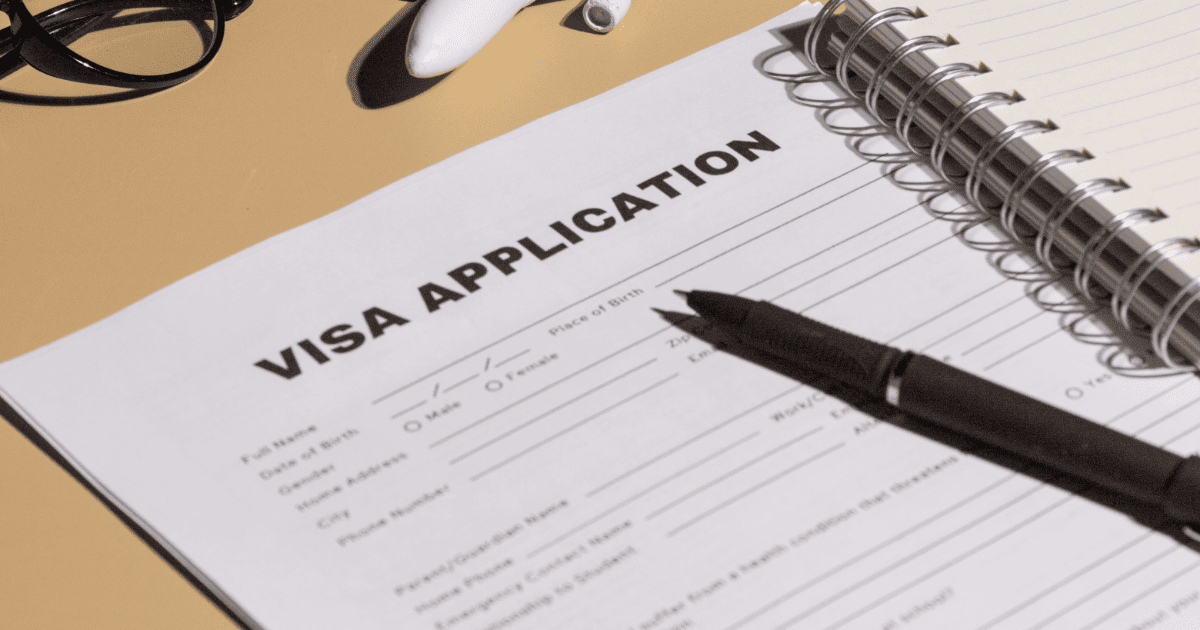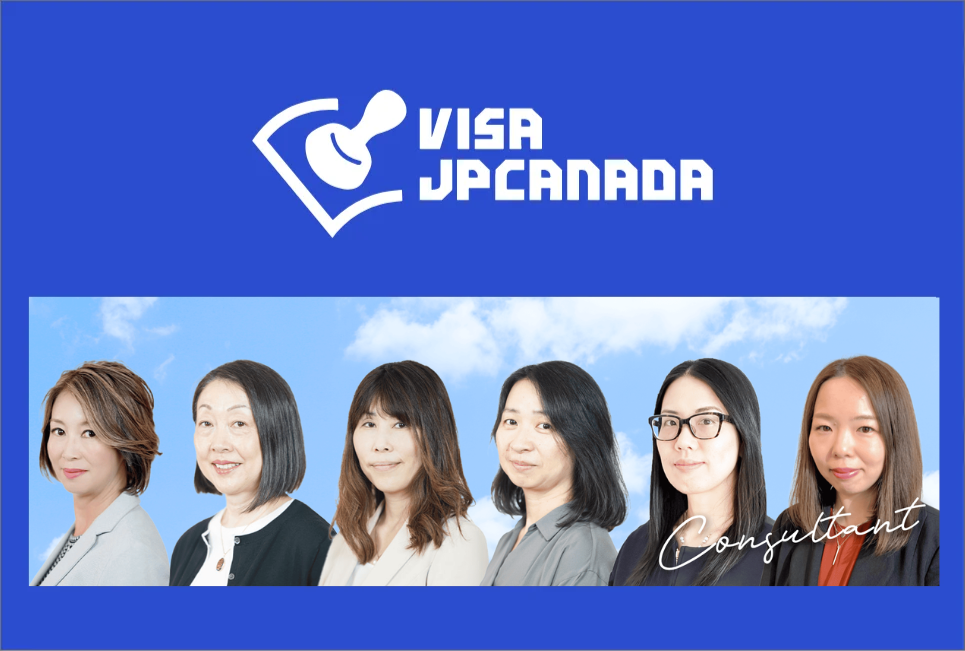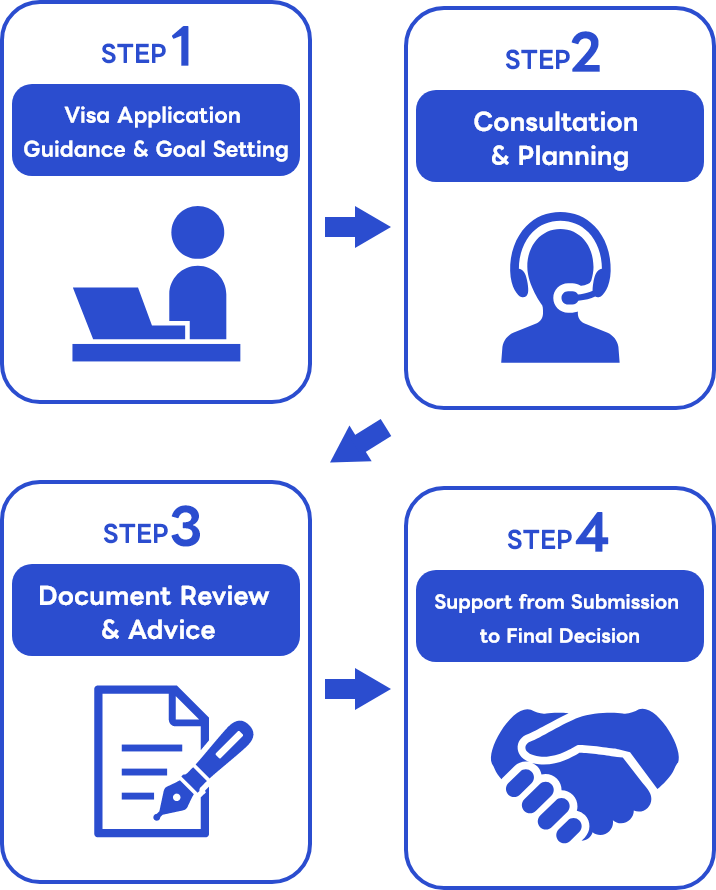Last Updated:February 19, 2026
What is a Post-Graduation Work Permit?
The Post-Graduation Work Permit is an open work permit issued to international students who have graduated from a designated learning institution in Canada. It allows them to gain work experience in Canada after graduation. The duration of the permit depends on the length of the program completed. There are no restrictions on the type of work you can do. The Post-Graduation Work Permit can only be used once in a lifetime. It is commonly referred to as “Post-Grad” or “PGWP” among Japanese people.
Features of the Post-Graduation Work Permit
The Post-Graduation Work Permit is an open work permit issued to international students who have graduated from a designated learning institution in Canada. It allows graduates to gain work experience in Canada after graduation. The duration of the permit depends on the length of the program completed. There are no restrictions on the type of work you can do. The Post-Graduation Work Permit can only be used once in a lifetime. It is commonly referred to as “Post-Grad” or “PGWP” among Japanese people.
Applying for permanent residence from a Post-Graduation Work Permit
The Post-Graduation Work Permit is an open work permit that does not have restrictions on employers or work hours. Since work experience and education are very important when applying for permanent residence in Canada, graduating from a recognized institution and working in Canada under the PGWP is a fast track to obtaining permanent residence.
Spouses or partners of PGWP holders can also obtain a work permit
If either the spouse or common-law partner of a PGWP holder works in a skilled occupation under the Post-Graduation Work Permit, the other partner can apply for a Spousal Open Work Permit for the same duration as the PGWP.
Free tuition for children
Children accompanying parents on a Post-Graduation Work Permit can attend public elementary, middle, and high schools free of charge.
Which schools are eligible for the Post-Graduation Work Permit?
To apply for a Post-Graduation Work Permit, you must attend a school that meets the following three conditions.
You must have attended a public college, university, or graduate school, or one that is funded by more than 50% public funds.
You must have completed a program that lasted at least 8 months.
You must have been enrolled full-time in every semester during your studies.
Schools eligible for the Post-Graduation Work Permit
There are many designated learning institutions (DLIs) in Canada. For more details, please refer to the following link: Designated Learning Institutions (DLIs).
Students who graduate from a flight school, a four-year university (Bachelor’s degree), or a graduate school (Master’s or PhD) in Canada are eligible to apply for the Post-Graduation Work Permit, regardless of their program content. These graduates can qualify for a PGWP with a maximum duration of up to 3 years.
For graduates of public college programs, you must have completed a program in an eligible field of study to qualify for the Post-Graduation Work Permit. Since the eligibility for the PGWP varies depending on the program, it is advisable to contact the school directly to confirm whether your program qualifies.
Work duration of the Post-Graduation Work Permit
The Post-Graduation Work Permit allows international graduates to gain valuable work experience in Canada after completing their studies. The duration of the PGWP is directly tied to the length of your academic program, but with a maximum validity of 3 years. When combined with the study period, your total duration of stay in Canada can be up to 5 years.
| Duration of the study program | Duration of the Post-Graduation Work Permit (PGWP) |
|---|---|
| Programs less than 8 Months | Not eligible to apply |
| Programs between 8 months and less than 2 Years | PGWP duration equal to program length |
| Programs of 2 years or more | 3 years of the PGWP |
Application requirements for the Post-Graduation Work Permit
Application deadline and residency requirements
- It must be within 180 days from your graduation date.
- At the time of application, you must be either legally residing in Canada or outside of Canada.
If you have obtained a Bachelor’s, Master’s, or PhD from a university
You must provide proof of your English or French language proficiency and meet the following minimum score requirements.
- For English, you must achieve a minimum score of CLB7 in all four language areas (Speaking, Listening, Reading, Writing).
- For French, you must achieve a minimum score of NCLC7 in all four language areas (Speaking, Listening, Reading, Writing).
- There are no restrictions based on the program field, and all graduates are eligible.
If you have completed a program other than a Bachelor’s, Master’s, or PhD at a university
Graduates of programs other than Bachelor’s, Master’s, or PhD degrees must provide proof of their English or French language proficiency and meet the following minimum score requirements.
- For English, you must achieve a minimum score of CLB7 in all four language areas (Speaking, Listening, Reading, Writing).
- For French, you must achieve a minimum score of NCLC7 in all four language areas (Speaking, Listening, Reading, Writing).
- You must have completed a program in an eligible field of study (as specified below).
If you have completed a program at a college or similar institution
If you have completed a program at a college or other educational institution, the following language scores are required to qualify for the Post-Graduation Work Permit:
- For English, you must achieve a minimum score of CLB5 in all four language areas (Speaking, Listening, Reading, Writing).
- For French, you must achieve a minimum score of NCLC5 in all four language areas (Speaking, Listening, Reading, Writing).
- You must have completed a program in an eligible field of study (as specified below).
【Caution】
For graduates of programs other than Bachelor’s, Master’s, and PhD degrees, as well as graduates from colleges, in order to apply for the Post-Graduation Work Permit, they must have completed a program related to certain occupations that are in long-term demand in Canada. These fields of study are classified into the following five categories:
- Agriculture and Agri-food
- Healthcare
- STEM (Science, Technology, Engineering, Mathematics)
- Architectural Technology
- Transport
- Education (Childcare)
If you would like to check your current language proficiency scores, you can find detailed information here: Language tests and CLB
Employment during the application process for a Post-Graduation Work Permit
In the following cases, you are allowed to work full-time during the review process:
- If you held a valid study permit at the time of application.
- If you have graduated from a program eligible for a Post-Graduation Work Permit.
- If you were qualified to work off-campus during your studies and did not exceed the permitted work hours.
If you do not meet these conditions, you will be required to wait until your permit is granted before commencing employment. Unauthorized work in Canada is illegal. Furthermore, if your application is refused, you must cease all work immediately upon receiving the notification.
Traveling outside Canada while your Post-Graduation Work Permit application is in process
- If you travel outside Canada during the application process, a valid eTA is required.
- If your study permit expires upon re-entry, you will be admitted as a visitor.
- Even if you leave and re-enter Canada after submitting your application, you are still permitted to work full-time while waiting for the application to be processed. Traveling outside Canada or re-entering will not affect your ability to work full-time during this period.
Related Columns

Date Posted:December 16, 2025
10 Critical Mistakes That Can Jeopardize Your PGWP Application— The 180-Day Rule and the Reality of Processing Delays

Date Posted:September 11, 2025
BC Premier Calls for Temporary Foreign Worker Program to Be Abolished or Fundamentally Reformed — Industry Pushback and What Lies Ahead
Related News
Looking to obtain permanent residence or a visa?
Consult with us now!

Applying for permanent residence or a visa to Canada on your own can be overwhelming due to the large number of required documents, and you may feel uncertain about whether everything is correct. However, if you're serious about immigrating to Canada, we strongly recommend seeking the support of an immigration consultant. There are many pathways to obtaining permanent residence, depending on factors such as your age, occupation, and family status. With the help of an expert, you can ensure that you plan the right approach tailored to your specific situation.
A professional immigration consultant will help solve your concerns
Get a free Counseling now
From immigration planning to application submission,
everything is completed with Visa JP Canada


Consulting with an immigration consultant makes the process clearer and much smoother. You’ll feel more confident with document submissions and procedures, significantly reducing the risk of mistakes. Take the first step toward your Canadian dream with the guidance of an expert.

![[Co-op Work Permit in Canada] How long can you work? Employment conditions and points to be cautious of to avoid illegal employment](https://en.visajpcanada.com/wp-content/uploads/2025/04/Blog-Thumbnail-94.webp)


